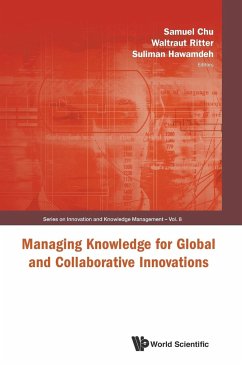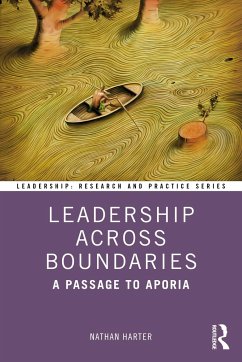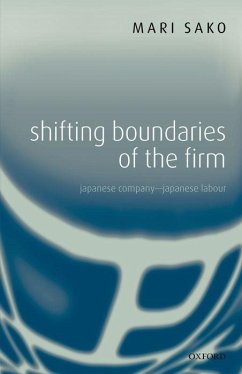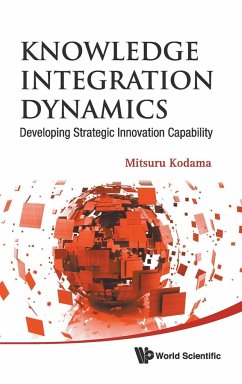
Managing Knowledge Integration Across Boundaries
Versandkostenfrei!
Versandfertig in 1-2 Wochen
115,99 €
inkl. MwSt.

PAYBACK Punkte
58 °P sammeln!
Knowledge integration - the purposeful combination of specialized and complementary knowledge to achieve specific tasks - is becoming increasingly important for organizations facing rapidly changing institutional environments, globalized markets, and fast-paced technological developments. The need for knowledge integration is driven by knowledge specialization and its geographic and organizational distribution in the global economy. The increasing complexity and relevance of the knowledge integration problem is apparent in emerging new fields of research, such as open innovation, or the mergin...
Knowledge integration - the purposeful combination of specialized and complementary knowledge to achieve specific tasks - is becoming increasingly important for organizations facing rapidly changing institutional environments, globalized markets, and fast-paced technological developments. The need for knowledge integration is driven by knowledge specialization and its geographic and organizational distribution in the global economy. The increasing complexity and relevance of the knowledge integration problem is apparent in emerging new fields of research, such as open innovation, or the merging of existing ones, e.g. organizational learning and strategy. In global competition, the successful management of knowledge integration underpins firms' ability to innovate, generate profit, grow and, ultimately, survive. This book provides conceptual contributions as well as empirical studies that examine knowledge integration essentially as a 'boundary' problem. Knowledge integration becomes a problem when boundaries between knowledge fields, and the institutions that preside over those fields, are not clear, or become fluid and contestable. This fluidity, and the competitive pressures this fluidity generates, are persistent and permanent features of the world we live in. This book put forward a consistent set of ideas, methods and tools useful to interpret, analyze and act upon the processes of knowledge integration across boundaries.














